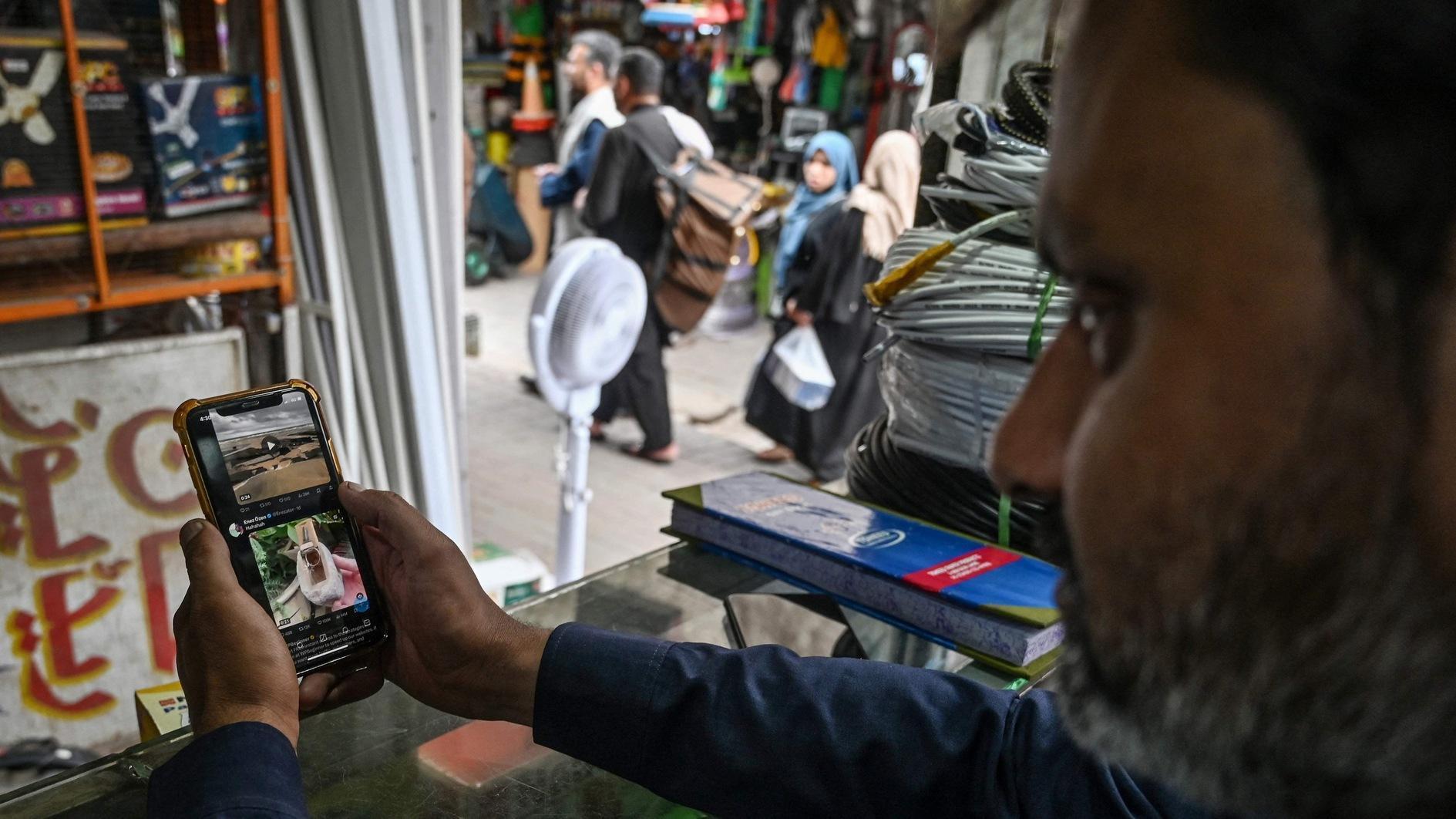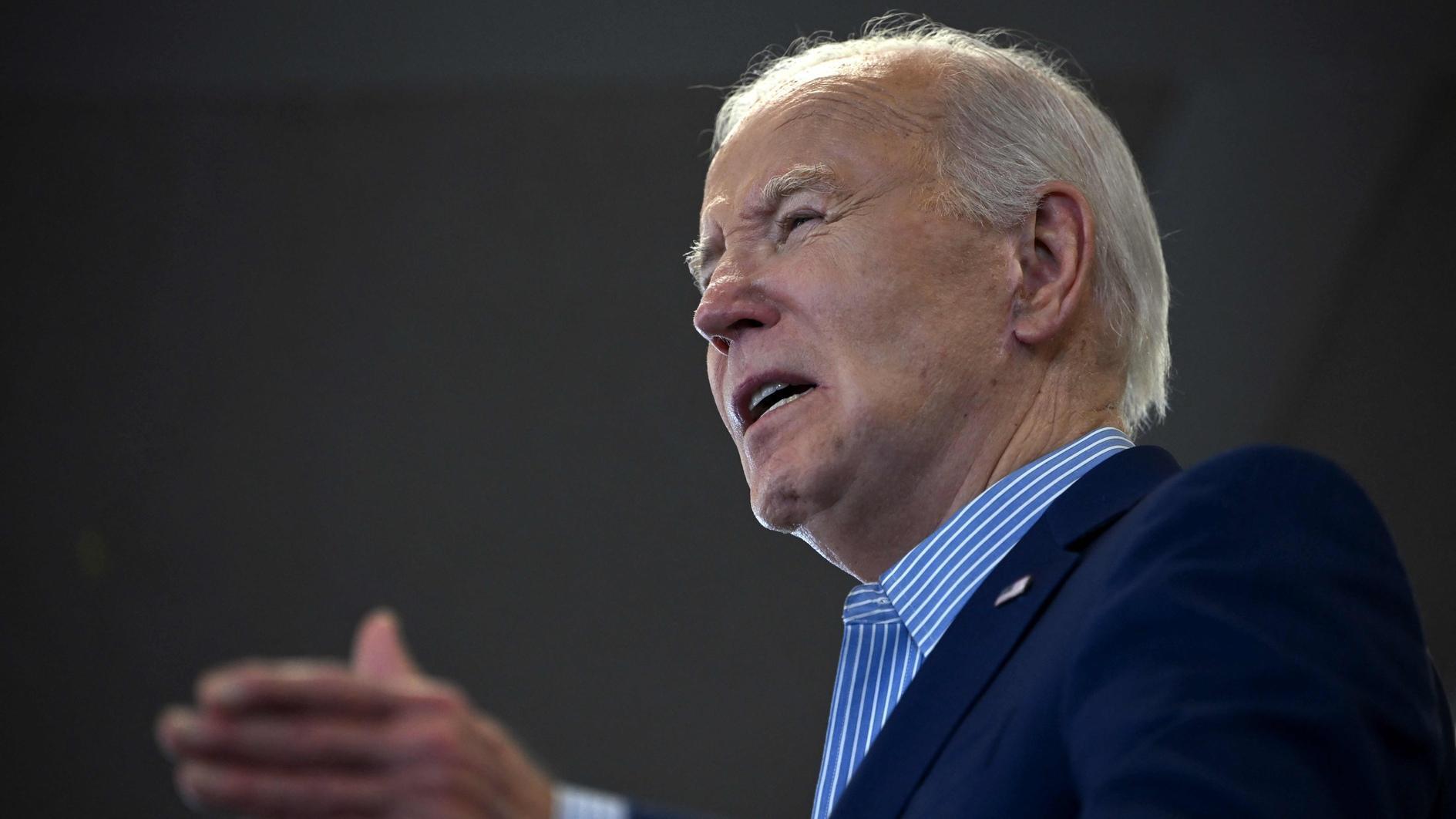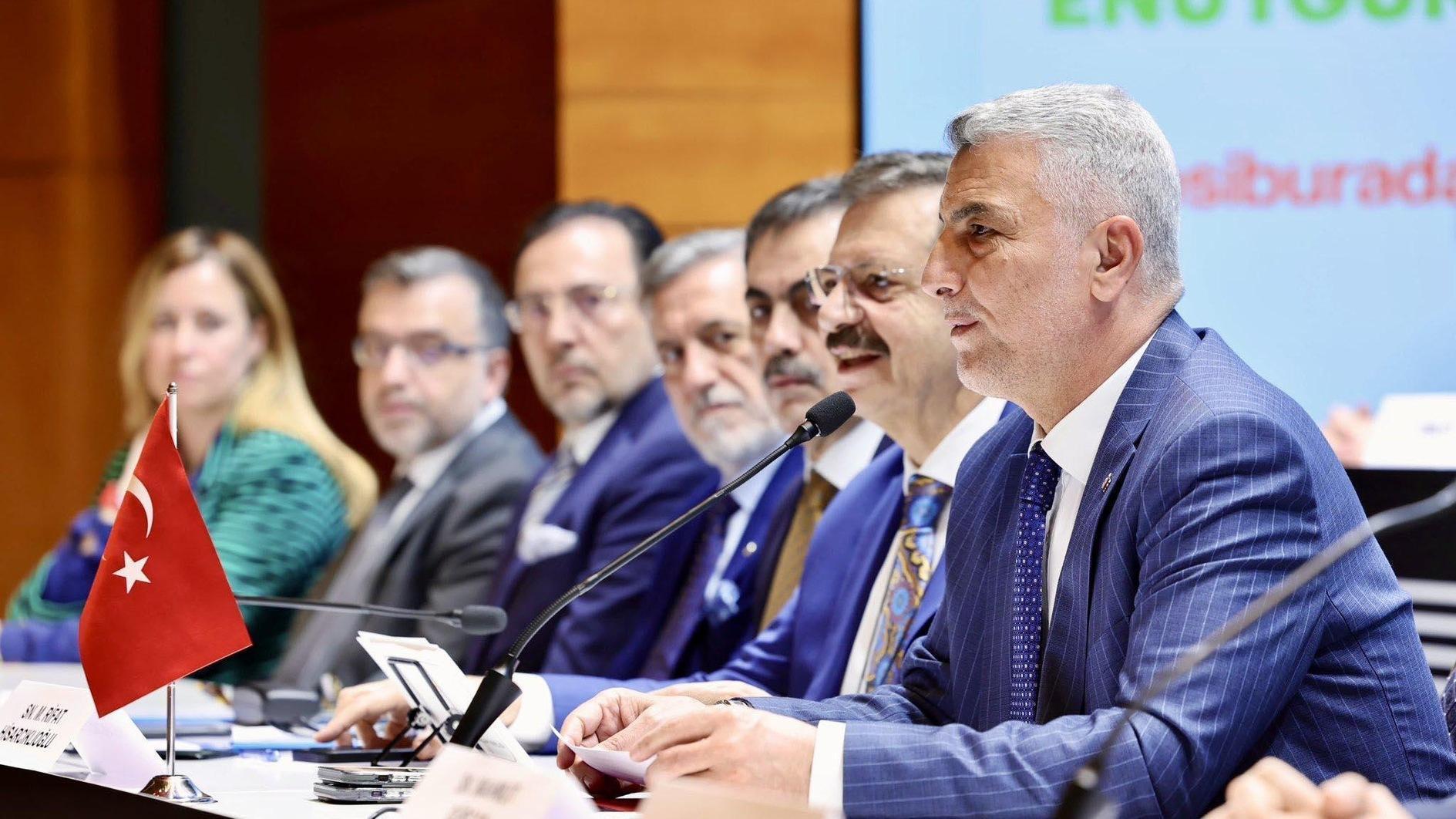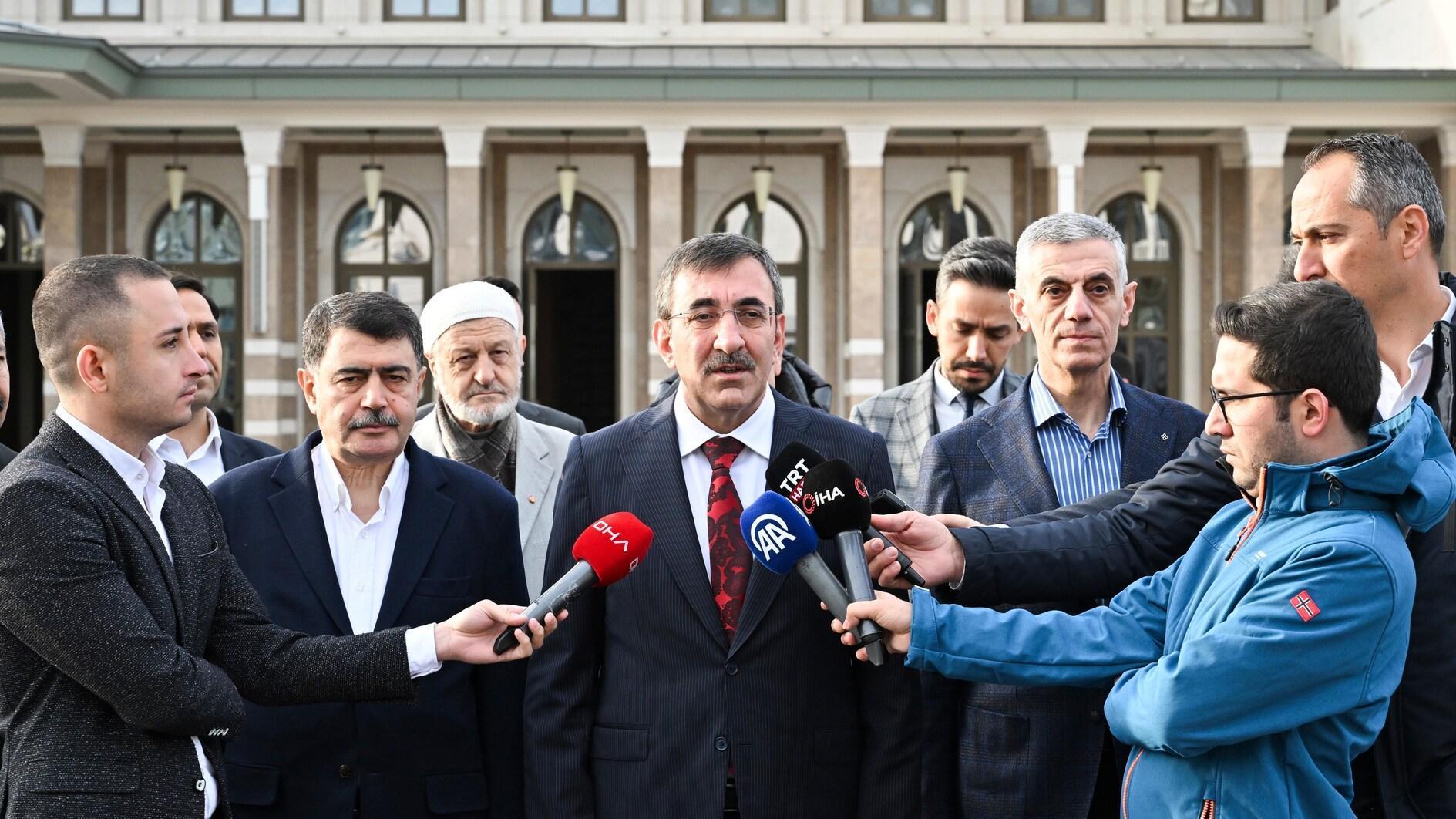Turkish Parliament at the crossroads in its 94th year
It was April 23, 1920 when the forces of national resistance announced a national Parliament in Ankara.
The resistance, led by Mustafa Kemal, was against the invading Greek, British, French, Italian, Armenian and Georgian armies, as well as the Sultanate in Istanbul. It was not until Istanbul was invaded by the British and French troops on March 16 and they were approved of by Sultan Vahdettin, the last ruler of a nearly six-centuries-long Ottoman dynasty, that the Ankara-based resistance decided to go for an alternative convention. It was only after the fall of Istanbul that a group of members of (the former) Parliament – then dispersed by the occupying troops – left the capital to join the resistance in Ankara. Not only them, but a number of ministers, including Defense Minister Fevzi Çakmak and his Chief of Staff İsmet İnönü, joined the Kemalist forces in Ankara.
It is true that Kemal dared and inspired the whole resistance and the national convention, but it was also the leadership of this Parliament, formed under the circumstances of occupation and civil war, that announced three years later on Oct. 29, 1923 that the regime of the Turkish state had changed from a Sultanate to a Republic. The Ottoman dynasty that had collaborated with the invaders was then brought down.
It was not a multi-party democracy then. For that, Turks had to wait until the end of World War II, and there were a lot of flaws even then: At least three military coups in 1960, 1971 and 1980, all under the heavy blanket of the Cold War, throughout which Turkey had sided with the West.
Finally, by the 1990s, the Turkish parliamentary system had reached a level of stability, especially following the European Union harmonization reforms during the early 2000s.
But the Turkish election system and political party system were still not there yet. The election system, which was interfered with by the military rule in 1980s, imposed a 10 percent hurdle, which is seen as a major obstacle to fair representation. There was no constituency system for voters, with small towns and cities generally not being familiar with who they are voting for; they instead vote for the parties with candidate lists prepared under the strict supervision of the party leaders.
The ruling Justice and Development Party (AK Parti) of Prime Minister Tayyip Erdoğan is currently working on a new election system. No details of the plans have yet been revealed. There are fears that the result might be a nightmare mixture of the current domination of the party leader and the constituency system, leaving no place for grassroots democracy. If that proves true, especially as the country is heading for a critical presidential election in August, it means that Erdoğan is seeking a system to maximize the representation of his party in Parliament, regardless of the votes cast; perhaps with the aim of having a constitutional majority to go for a further empowered presidential system for himself.
Such a scenario would drag Turkey and the Turkish Parliament to a crossroads, where the gap between Turkey and the West would increase and the distance between Turkey and the Middle Eastern and Asian autocracies would decrease. That is a concern as the Turkish Parliament celebrates its 94th birthday today.











